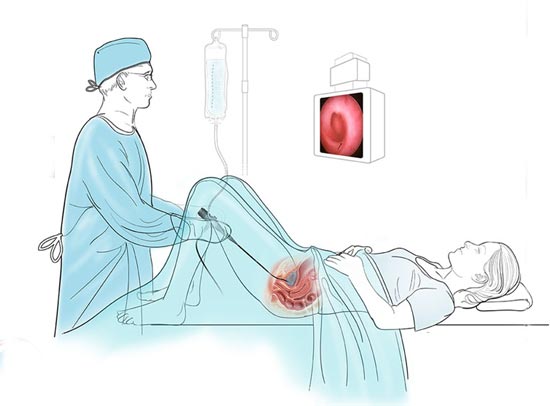Complex Urological Procedures
Complex Urological Procedures

- Ureterocele: Specialists provide many surgical options to treat ureteroceles and restore your child’s urinary function. Some are suitable for babies, while others are better performed at a later age.
- Ureteropelvic junction obstruction: Pediatric surgeons are highly experienced in performing surgery to remove a “lazy” or narrowed section of an affected ureter to reestablish the normal flow of urine in your child. This treatment may be performed using surgical techniques.
- Ureterovesical junction (UVJ) obstruction: While some instances of UVJ blockage resolve on their own, others need treatment. Physicians can surgically remove the clogged section of your child’s damaged ureter and taper the remaining ureter so it fits correctly into the bladder.
- Hydronephrosis: Hydronephrosis (kidney swelling) usually disappears during the first few years of a child’s life. However, an expert pediatric urologist is required to decide if your child has “non-threatening” hydronephrosis or hydronephrosis that needs therapy. If left untreated, the cause of hydronephrosis in certain children might result in lifelong kidney damage.
- Posterior urethral valves (PUV): Doctors may conduct fetal surgery to insert a stent to drain urine from the blocked bladder into the amniotic space if your unborn baby has PUV, severe hydronephrosis, and low amniotic fluid. Once your baby is delivered, doctors will place a catheter to empty his bladder and carefully monitor his kidney and bladder function.
- Bladder and cloacal exstrophy: Exstrophy is a rare and complicated condition in which the abdominal wall fails to close during fetal development, the intestine is inappropriately attached to the bladder, and the urethra and genitals are not fully formed. Surgery must be performed in the first 24 hours of your baby’s life.
- Bladder issues related to spina bifida and anorectal malformations. Care for these disorders requires a collaborative approach and often includes lifetime urologic follow-up. This comprises diagnostic testing, urine, and fecal continence treatment, and, on occasion, surgical intervention. Pediatric urologists are familiar with these procedures, such as “appendicovesicostomy,” which involves creating a channel out of the appendix to make it simpler to insert a urine catheter to empty the bladder.
- Ectopic ureter. If your child’s kidney is functional, doctors may remove that portion of the kidney, reimplant the affected ureter into the bladder, or link the damaged ureter to the unobstructed ureter.
- Prune belly syndrome (PBS). Because PBS may be accompanied with a variety of other abnormalities, doctors collaborate with subspecialists to check heart, lung, and bone abnormalities in addition to urologic problems.
The treatment of congenital urologic disorders is complex and may require the expertise and skills of pediatric specialists before and after your child is born. pediatric surgeons may provide urologic reconstructive surgery employing a minimally invasive method, which results in smaller incisions, less discomfort, and a faster recovery for your child than traditional open surgical treatments. Make an appointment for a consultation now.
For more information & consultation on Complex Urological Procedures, Get in touch with Dr. Adwait Prakash a Pediatric Surgeon in Indore. will help you out in understanding your problem and guide you through every stage of your treatment.
To book your appointment Call: 8889588832.
